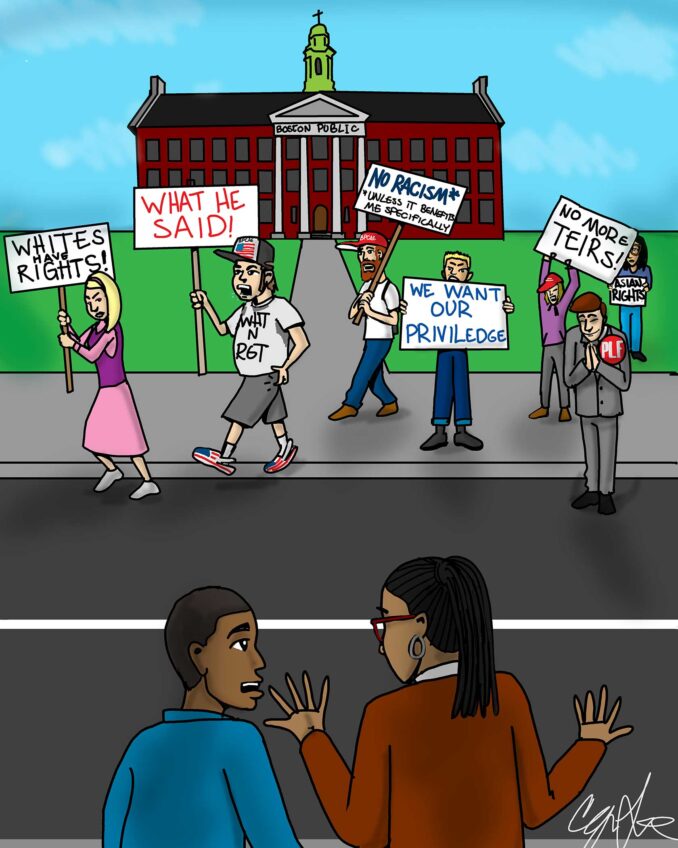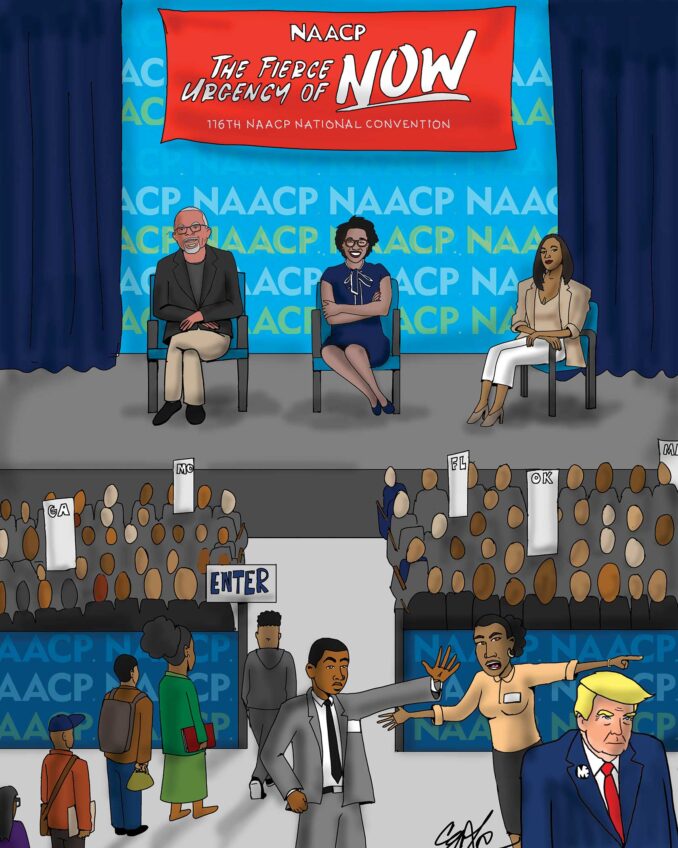What conduct is sufficiently ignominious to require government officials to expunge the names of prominent individuals from public buildings?
An often-cited common standard is that the person once owned slaves. That would exclude 41 of the 56 men who signed the “Declaration of Independence.” In addition, the famed George Washington who is considered the father of the nation would be liable for owning 123 slaves on his Mount Vernon estate. Yet his name appears on streets, parks and the nation’s capital.
Indeed, there should be no glorious recognition for the members of the Confederacy who launched the Civil War to destroy the nation, but there is little reason to impugn the stature of those who glorified America, just because they owned slaves, a practice that was permitted in Massachusetts until 1783.
Peter Faneuil was a successful Boston businessman who died in 1743 at the age of 43. He left his real estate property to the city for the benefit of fellow citizens. Faneuil Hall became a historically important civic center.
Benighted activists now assert that Black Bostonians will benefit from the diminution of the reputation of a Boston benefactor who has been dead for 240 years. Stalwart Blacks should be offended by the unsupported assertion of such fragile psychological fragility.
Melvin B. Miller is the former owner and publisher of the Bay State Banner.






